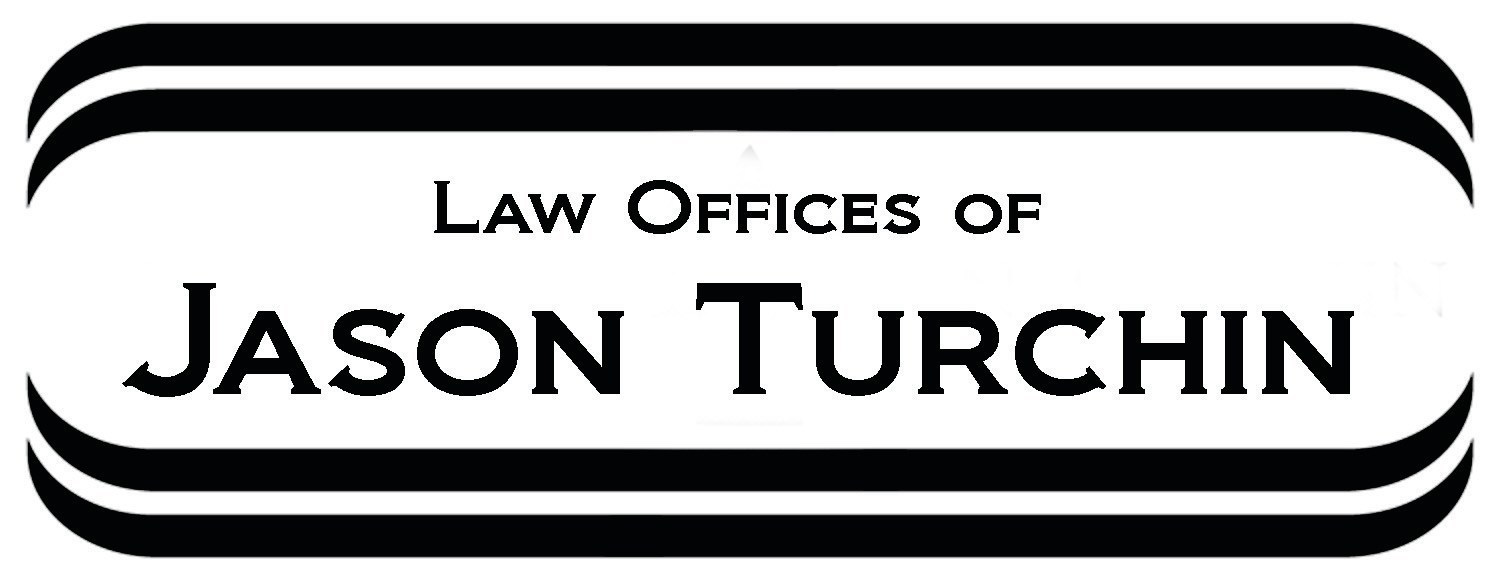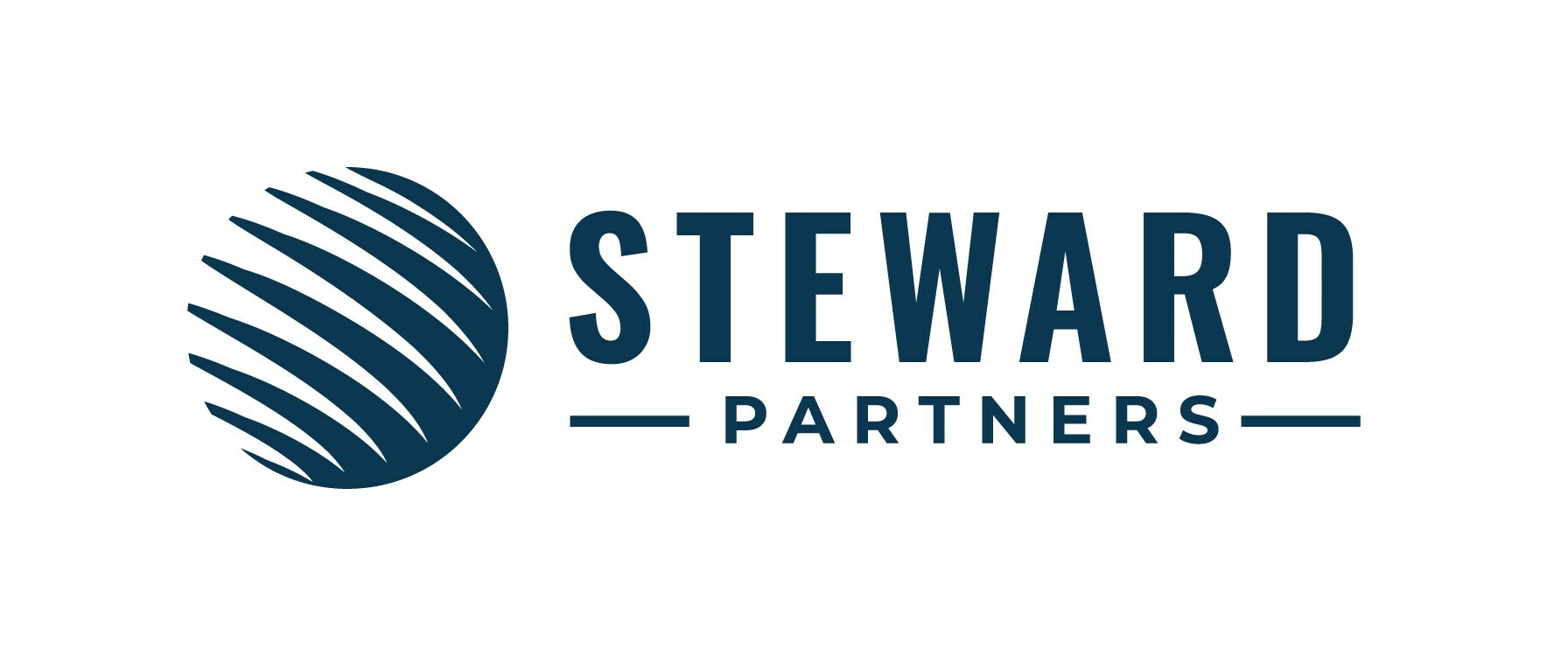WASHINGTON, Dec. 17, 2024 -- As federal policymakers struggle to address the nation's growing shortage of affordable housing, a new report by FinRegLab analyzes the potential benefits of automating and updating federal insurance programs for manufactured home loans.
Although sometimes stigmatized, new manufactured homes are a source of high-quality, relatively low-cost housing, particularly in rural areas. However, despite the fact that many consumers lease their homesites, most lenders only offer mortgage loans that must be secured by both the home and the underlying property. Modernizing Manufactured Home Financing: Data, Automation & Program Improvements to Scale Affordable Home Ownership analyzes strategies to increase the number of lenders that are willing to make "home-only" loans that are not secured by real estate.
The Federal Housing Administration (FHA) and Ginnie Mae have been trying to address this issue by restarting an insurance program that shares some risks of default with home-only lenders. Unlike federal mortgage insurance programs that allow automated underwriting of both manufactured and site-built homes for lower-income borrowers, the home-only insurance program still requires manual, paper-based procedures and imposes special requirements on participating lenders.
"Increasing access to affordable home-only loans is an important strategy for addressing the housing crisis," said FinRegLab CEO Melissa Koide. "But mortgage lenders are sensitive to costs and specialized requirements. Modernizing systems, filling data gaps, and harmonizing across different federal insurance programs can help attract more lenders to this vital market."
The report is based on interviews with about 20 experts, including researchers, advocates and experienced lenders. Several lenders that participate in the federal insurance program for manufactured housing mortgages but do not currently offer home-only loans said they would be interested in doing so if there were further modernization and harmonization of the home-only insurance program, which is known as the FHA Title I program. Key findings include:
- Paper-based procedures and manual underwriting processes make many lenders reluctant to participate in the federal home-only insurance program. While the federal mortgage insurance program has an automated underwriting scorecard known as TOTAL, the home-only program requires manual underwriting to determine if a loan qualifies for FHA insurance. Concerns about costs, errors, and compliance risks make lenders reluctant to use manual processes, even after federal housing officials improved other aspects of the program in the past year.
- Many lenders urged that development of an automated scorecard be paired with a broader harmonization of rules as between the home-only and mortgage insurance programs. Lenders expressed frustration that loan documentation, allowable fees, and other minor requirements differed between the two programs, creating complications and disincentives to participate. While there are meaningful differences between the two types of loans, they urged that less important distinctions be harmonized to match the mortgage program.
- Lack of performance data on recent loans makes it difficult for individual lenders and secondary market investors to participate in home-only lending. Because new originations in the home-only insurance program shrank to zero in recent years, there is little publicly available data for potential market entrants to forecast risk and performance. Creation of a more robust secondary market would give lenders more confidence in beginning to make home-only loans.
The paper highlights the potential benefits of prioritizing resources within FHA for automation of the home-only insurance program and harmonization with mortgage loan programs, as well as broader efforts by the Department of Housing and Urban Development (HUD), the Federal Housing Finance Agency, and the government-sponsored entities Fannie Mae and Freddie Mac to encourage pilot projects and other initiatives to facilitate access to performance data on recent loans. More generally, the report emphasizes the potential impact of federal agencies in helping to dispel stakeholders' concerns and misperceptions about the quality of manufactured homes, the riskiness of manufactured housing borrowers, and the federal government's commitment to engaging with the home-only market.
Support for the research was provided by The Pew Charitable Trusts. Findings expressed are those of FinRegLab and do not necessarily reflect the views of Pew or the interviewees.
For media and other inquiries about this research, email contact@finreglab.org. To receive periodic updates on this research, please subscribe to FinRegLab's newsletter here.
About FinRegLab
FinRegLab is an independent, nonprofit research organization that conducts research and experiments with new technologies and data to drive the financial sector toward a responsible and inclusive marketplace. We also facilitate discourse across the financial ecosystem to inform public policy and market practices.
This News is brought to you by Qube Mark, your trusted source for the latest updates and insights in marketing technology. Stay tuned for more groundbreaking innovations in the world of technology.









